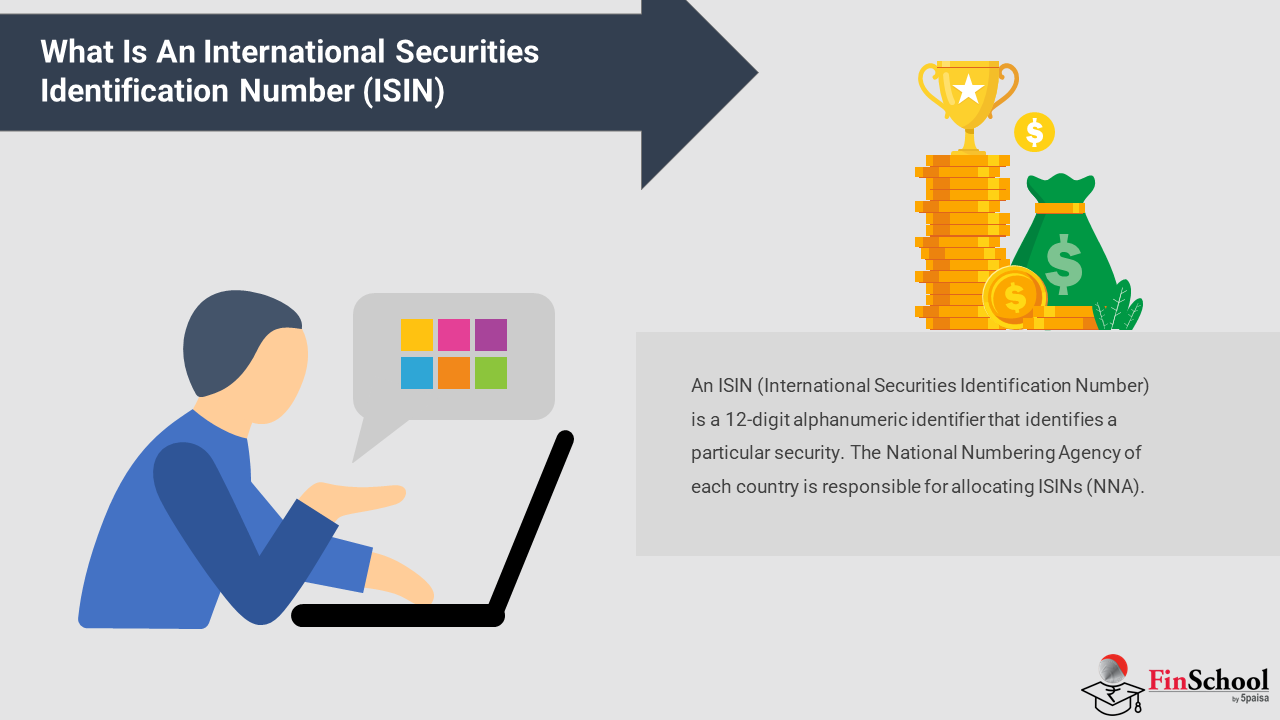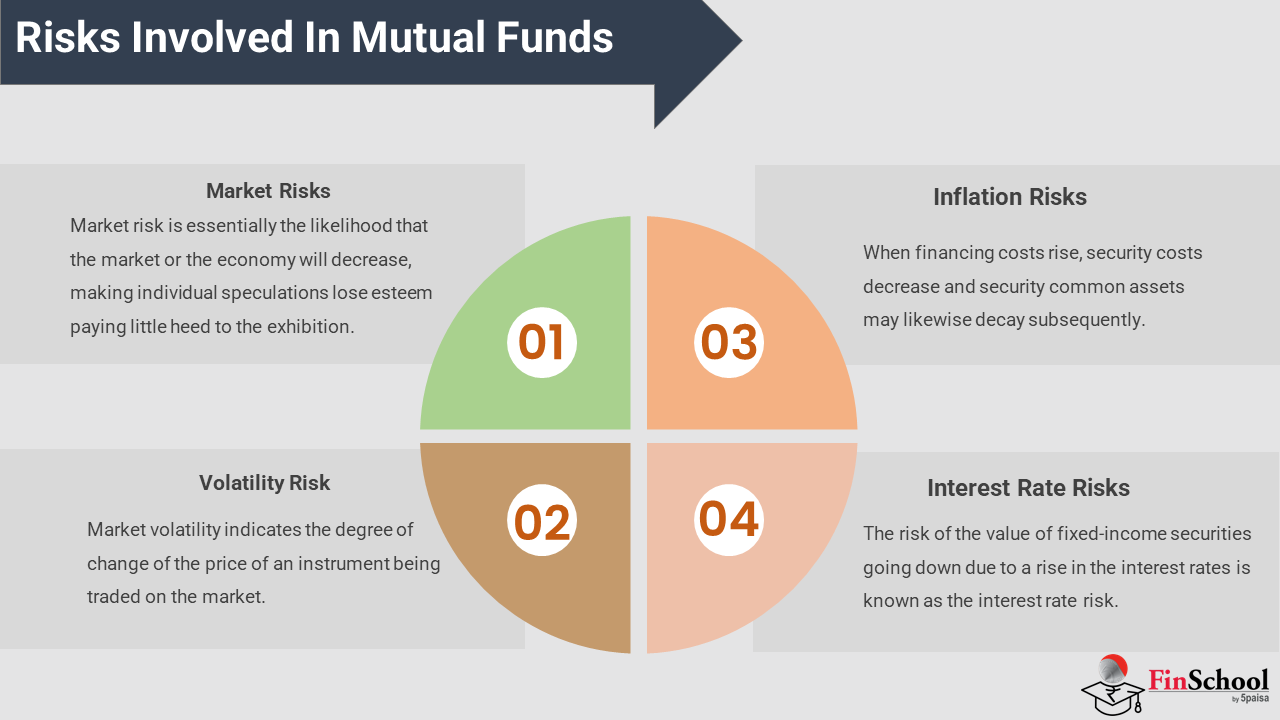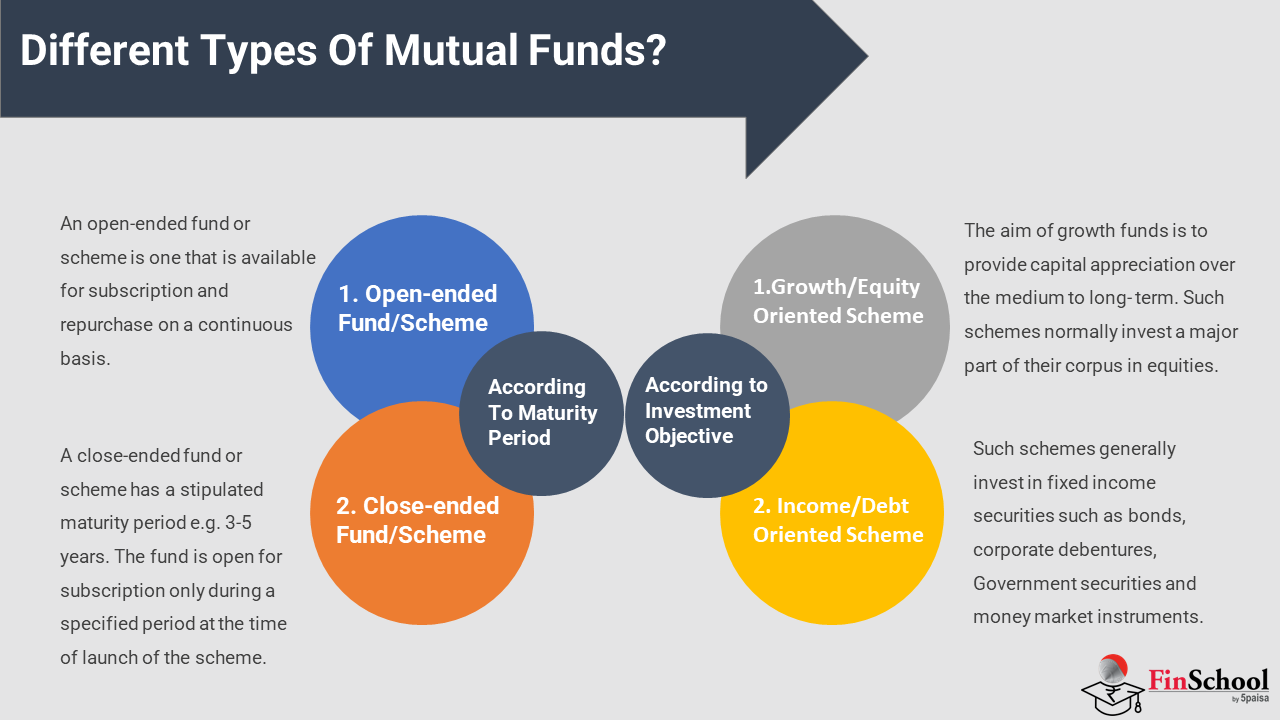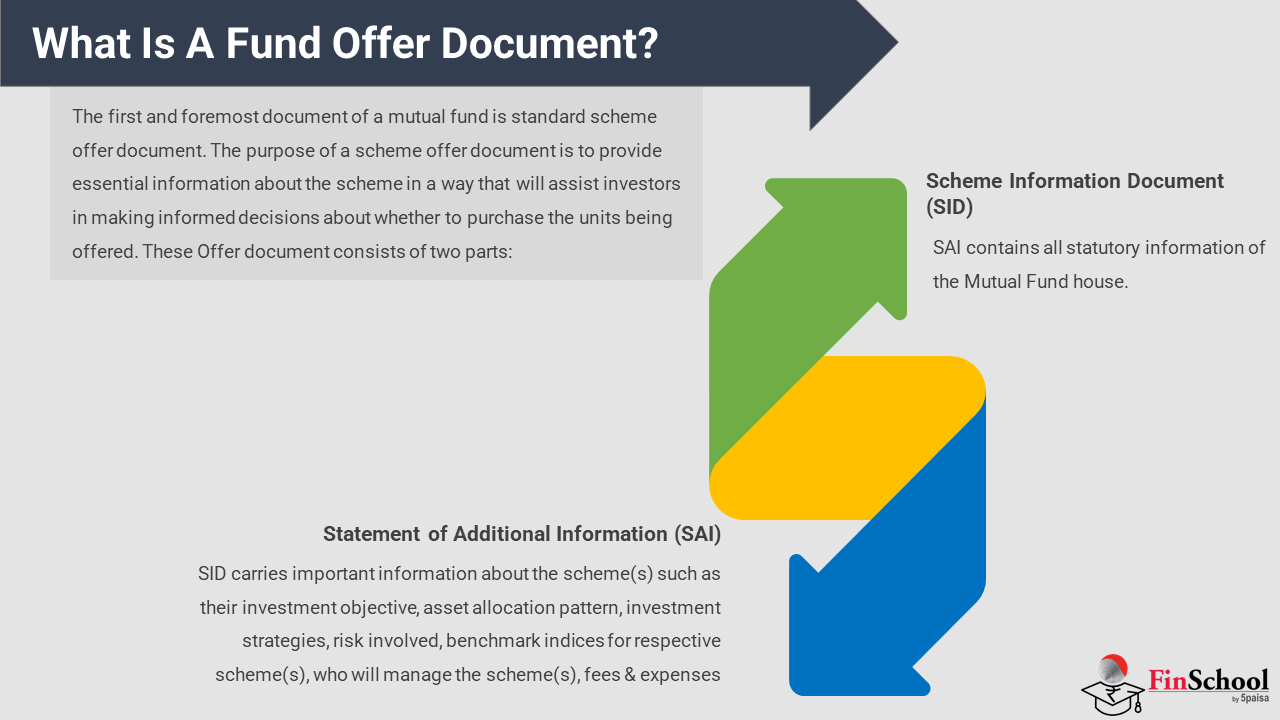- Study
- Slides
- Videos
6.1 Choosing the Right Policy
Insurance is a way through which one can pool risk. Insurance companies analyses the risk of their customers and calculate a premium for them accordingly. It is but not always easy to choose a right insurance policy. Either one needs to go through all the policy documents and understand whether the policy is apt or one should approach insurance expert to understand the policy terms and conditions. Here are few points which one needs to follow before selecting the insurance policy. To decide the correct insurance policy one need to first understand why should he or she take a insurance policy and how taking a insurance policy will help them. The following points are certain questions which every individual who is planning to take insurance policy must ask to the insurance company or to oneself to choose the right policy.
- Why Do you need Insurance
The very first question which needs to be answered is why insurance is needed. If you are the sole bread earner in the family and the entire family is depended on you it is your responsibility then to take care of them in your absence also. Here taking an insurance policy helps to protect the family and take care of their needs even if any unfortunate event happens to you. Secondly taking an insurance policy helps to avoid risk during an unfortunate event. For example if a person meets with an accident and the family doesn’t have cash to pay to the hospital right away, here an insurance policy helps to cover the expenses and save life of the person. Thirdly insurance policy is always an option through which future can be secured and independent especially after retirement. Also it helps in managing the big expenses such as marriage, education, buying a car or home etc. So one needs to understand that taking an insurance policy is important but which type of insurance is needed it depends on the individuals own needs and risk taking capacity.
- What do you want to include in your cover
What should be covered in insurance policy is very important aspect because this is reason why one takes insurance policy. Insurance policy pay out the amount as per the terms and conditions mentioned in the policy. Individuals who are willing to take insurance policy must first check for what are the benefits which are covered. For example in case of whole life cover, a person gets the insurance policy coverage for his entire life. Also there are certain other benefits covered such as pension after retirement or accidental benefits or any expenses incurred. The insured person must read the policy document and see what are the benefits covered in the policy.
- Who can be included in the Insurance policy
Before selecting the insurance policy you need to identify whether your family members are getting the benefits or not. Some policy do not cover any family member and the benefit is received to the policy holder only. Whereas in some policy the insurance claim can be done for any one person in the family. So it is important to read and understand who are covered in the policy. Also one need to check whether nomination is done or not. Because after the death of the person the nominee gets the benefit of the insurance policy.
- How much can you afford to pay the premium
The very important factor in deciding the insurance policy is the premium amount. It is very important to analyse the income and expenditure and then decide whether the payment of premium is affordable or not. Premium amount increases as age increases and any extra benefits covered in the policy also increases the premium. Sometimes additional charges are applied which also increases the premium.
- Is there any additional charges involved
As we said there can be some additional charges involved while taking insurance policy which one may not be aware. For example some policy will have cheaper premium but there can be administrative charges involved if you change the policy or do any upgradation.
- Term of Insurance
Choosing the term of the policy depends on your income and risk taking capacity. The policy term vary considerably from 25 years for a life insurance policy designed to cover mortgage in the event of your death. The policy term differs according to the age, income and need.
6.2 What should one look for while Selecting the correct Insurance Company
-
Claim Settlement Ratio
Claim Settlement Ratio is an indication through which one can access how much amount has been paid by the insurance company when the insured demands for the same. For example death claims approved by the insurance company. The ratio determines the total number of claims received and the total number of claims settled by the company. If suppose the insurance company receives a total of 100 death claims and has settled only 96 of them then the claim settlement ratio is 96% of the company.
Why the Insured person must check for Claim Settlement Ratio
a. It is a reliable measurement
The claim settlement ratio is a method through which one can ensure the insurance company is genuine and reliable. It helps to identify whether or not the insurance provider pays the benefit of death. Failure to settle the claims shows that the very purpose of taking insurance policy is not getting satisfied. So such companies must be avoided who only loot the people by taking insurance premium and do not settle the claim.
b. Ensures a secured future for loved ones
Life insurance policies are purchased based on premium outgo and expected returns after the demise of the insured. The beneficiaries use the insurance amount to meet their financial needs such as repayment of an outstanding loan, meeting day to day or education expenses among others. Checking the claim settlement history of the insurance provider gives assurance about dependent financial future.
How to Analyse Claim Settlement Ratio
a. Past 5 years Records
Accessing the Claim Settlement Ratio for the last 5 years records provides insight to the insurers’ consistency in honoring claims. A constantly improving Claim Settlement Ratio shows the insurer’s commitment to improve its services and building trust among customers. This record shows that the insurer is focused on offering the best possible support to policyholders which is exactly what the customer needs.
b. Must be close to 100%
The claim settlement ratio shows how efficient is the insurance company for settling the claims this efficiency reassures the policyholder that the insurer is skilled at quickly processing and honoring the rightful claims. This ensures that insured person’s family will have financial protection without having to worry about the funds during the challenging times like death of loved ones.
c. Accountability and Transparency
An insurer with good and transparent system has high claim settlement ratio and will always showcase its claim settlement ratio. It shows the insurer’s commitment and serves as a proof of its trustworthiness in the event of a financial crisis. These figures are usually given in the company’s website along with the other details like the company’s total asset under management, solvency Ratio, value of new business etc.
6.3. Cost Involved
- Cost involved
Investors must be informed about the different types of life insurance charges. The investor should ensure that the funds never get reduced due to unnecessary expenses. Below are the few charges involved while taking insurance policy.
- Premium Allocation Charges
There are certain charges involved in taking insurance policy. For example there are sum allocation charges which are upfront fees subtracted from the policy holders life insurance premium. It gets imposed as a portion of the insurance premium. These costs reckon for the principal expenses incurred by the insurance company in allotting the life insurance policy.
- Surrender or Discontinue Charges
Surrender Charge in a life insurance policy might get deducted for premature encashment of his insurance, either partially or in full. This life insurance surrender charge usually gets determined as part of annualized premium funds. The surrender or the discontinuance charges cannot surpass 50 basis points per year on the unit capital value and the insurance companies cannot levy any other charges. The IRDAI has established guidelines to curb the influence of these modifications on the overall gain from the investible part of premium.
- Mortality Charges
These mortality charges get imposed towards equipping with insurance coverage. When life insurance policies are issued the insurance company considers the insured person will live to a specific age based on their prevailing age, health conditions and gender. These life insurance fees and charges compensate the insurance company when the person live up to the expected age. The actual sum spent under this head depends on the sum of life cover the age of the policyholder and other such information.
This method of calculating the mortality charges along with the death charge table is provided as a section in the policy document. When people purchase an insurance cum investment life insurance products like ULIP their main purpose is doing an investment. Here they might get sufficient coverage but still they need to pay the mortality charges on the chosen insurance product.
- Fund Management charges
Insurance companies levy these charges on administering fund and it gets imposed as a portion of the worth of assets. This life insurance charges gets subtracted before coming at the net asset value. It varies from one insurance sum to another. According to IRDAI, life insurance companies cannot levy fund management charges of more than 1.35% per year. Fund management charges get imposed on the accrued value and not on the premium spent. Hence in material terms as the corpus increases the amount subtracted as a fund administration charge moves up.
- Insurance Policy Administration charges
This policy charges get deducted from the organizational expenses incurred by the firm towards the sustenance of the insurance policy. These charges usually levied once in a month include the paperwork cost, the premium intimation and so on. The charges could either be even throughout the life insurance policy duration or it can rise at the predetermined price.
6.4. Tax Benefits
Taxes are a huge cause of worry for everyone. But one can always buy a insurance policy and minimize the tax burden. The Income Tax Act, 1961 offers all taxpayers specific exemptions on eligible investments. Some of these investments include tax saving mutual funds, fixed deposits, pension plans and tax saving life insurance policies. Tax department provides specific exemptions for different insurance plans such as life insurance, health insurance etc. Before selecting the right insurance policy one needs to check whether there are tax benefits available for the policy.
Life insurance policies Tax deduction
|
Section 80C |
All life insurance policies are eligible for tax exemption under Section 80C of the Income Tax Act, 1961. You get life insurance premium tax benefit on a life insurance policy, endowment plan, whole life insurance plans, money back policies, term insurances, as well as Unit Linked Insurance Plans (ULIPs). In addition, the following conditions apply: · The maximum deduction given under this section is up to ₹1.5 Lakh. · Tax exemption is given for premiums paid on insurance policies taken for self, spouse, dependent children, and in some cases dependent parents. |
|
Section 80CCC |
This section provides an exemption for any amount paid in annuity plan of Life Insurance Corporation of India or any other insurance company to secure a pension. The maximum deduction under this section is also up to ₹1.5 Lakh. |
|
Section 10(10D) |
Under this section, the amount you receive from the insurance company is fully exempt from income tax, subject to some conditions. The exemption applies to the receipt of sum assured, bonus, maturity value, surrender value and the death benefit. |
That said, you must note that if you cancel or withdraw any of the tax-exempted life insurance plans before the expiry of five years, the deductions will stand cancelled. Your deductions will be included back in your income in the year of policy cancellation, and you would pay taxes accordingly.
- For 80C, your total premiums in a financial year should not exceed 10% of the sum assured.
- In the case of Section 10(10D), tax exemption is also subject to not more than 10% of the sum assured.
Health Insurance Tax Benefits
|
Section |
Members Insured |
Deduction |
|
80D |
Self and family (age below 60 years) |
Up to ₹25,000 |
|
80D |
Self and family + parents (age below 60 years) |
Total up to ₹50,000 (25,000+25,000) |
|
80D |
Self and family + parents (above 60 years of age) |
Total up to ₹75,000 (25,000+50,000) |
|
80D |
Self and family (anyone above 60 years) + parents (over 60 years) |
Total up to ₹1,00,000 (50,000 + 50,000) |
|
80U |
Self with disability |
Up to ₹75,000 Up to ₹1.25 Lakh in case of severe disability |
|
80DD |
Any dependent family member (of any age) with disability |
Up to ₹75,000 Up to ₹1.25 Lakh in case of severe disability |
|
80DDB |
Self or dependent family member (below 60 years of age) with a specific disease |
Up to ₹40,000 |
|
80DDB |
Self or dependent family member (above 60 years of age) with a specific disease |
Up to ₹1,00,000 |
- The specific disease is neurological issues, chronic kidney failure, cancer, AIDS and hematological disorders.
- A deduction of ₹5,000 is given for preventive medical check-ups within these tax limits.
- You can claim the exemption even for riders and add-ons of insurance plans, except for personal accident policies or riders.
6.5 After Sales Service
There are lot of insurance companies and agents who do not bother to guide the customers once the insurance policy is taken. Such type of companies find their customers easily and through their conversations convince them to take the insurance policy. But once the policy is taken such companies never bother to take feedback of the customers or enquire whether the customer is facing any issues. This is called after sale service. When the customer opt for taking insurance policy they must check for the reviews provided by the other customers or ask any other members of the family regarding the company.
5. Claim Settlement Process
Most of the company explain about the premiums, policy details and how fast the company settles the insurance policy claims. But the important factor which most of the insurance companies failed to tell their customer is how to apply for claim settlement process. This procedure is usually not explained by all insurance companies. Every insurance policy has a different methods for claim. For example life insurance policy can be claimed only after the death of the policy holder. Whereas health insurance has to be claimed when the insured person is hospitalized. So if the insured person needs to claim his insurance sum assured amount it is the responsibility of the insurance company to inform the insured person claim settlement procedure. Before taking the insurance policy one needs to check whether the insurance company informs about the claim settlement process.














